The alliance comprises the chambers of Ostbrandenburg, Saarland, Braunschweig, Potsdam, Osnabrück–Emsland–Grafschaft Bentheim, Ostthüringen zu Gera, and Niederrheinische IHK Duisburg-Wesel-Kleve, collectively representing all steel-producing regions across Germany.
In its statement, the alliance affirmed its commitment to ensuring that steel production takes place under fair and comparable competitive conditions, free from unfair advantages derived from low environmental and safety standards or harmful subsidies. The European steel industry plays a critical role in industrial value chains and employment, supporting thousands of direct jobs and millions more indirectly. The alliance emphasized that Europe’s ecological transformation depends on a stable and fair market environment that enables long-term investments. The steel sector has significant potential to reduce CO₂ emissions, and its expertise can be exported to support decarbonisation processes globally.
According to the CCI-Steel Alliance, protecting the European steel industry from unfair global competition is not only an economic necessity but also a strategic imperative for Europe’s autonomy and green transition. The European steel sector is under unprecedented pressure, especially due to overcapacity originating from Asia. This has triggered a surge in low-cost imports, threatening the viability of domestic production. In regions with high steel output, this has translated into lower capacity utilization, declining competitiveness, and stagnation in green technology investments.
The alliance stressed the need for an effective trade defense mechanism to enhance the resilience of EU steel production and processing facilities against unfair practices. Proposed measures include the consistent penalization of unfair competition, the implementation of a Tariff Quota Regime (TQR), comprehensive quota setting for all steel products and countries of origin, and the introduction of additional duties for volumes exceeding quotas. Other key recommendations include the adoption of a “Melted & Poured” origin rule for greater transparency, the creation of a crisis mechanism to respond to short-term supply or demand shocks, quarterly quota allocations, and annual reviews.
Furthermore, the alliance urged the extension of protective measures to steel-intensive downstream sectors and called for the swift implementation of the European Commission’s Steel and Metals Action Plan. Additional recommendations include the formation of an EU-US “Metals Alliance,” improvements to the Carbon Border Adjustment Mechanism (CBAM), securing competitive energy prices and critical raw materials, and strengthening the Global Forum on Steel Excess Capacity (GFSEC). The alliance also underlined the strategic importance of steel for Europe’s autonomy, defense, and security.
The CCI-Steel Alliance expressed concern that the EU’s current trade defense instruments are insufficient. Unchecked global overcapacity continues to increase import pressure – particularly from Asia – while high U.S. tariffs are further exacerbating the situation. The alliance called on the EU to establish a robust and forward-looking trade defense tool, including strict import limits and clearly defined sanctions such as additional duties when quotas are exceeded.
The statement concluded by stressing that a strong domestic steel industry is essential to Europe’s strategic autonomy. Germany is the largest steel producer in the EU and ranks seventh globally. The sector directly employs over 80,000 people in Germany, while approximately 4 million workers are employed in steel-intensive industries. The steel industry also plays a systemic role in industrial resilience and defense and provides valuable training opportunities for young people.
To conclude, the alliance highlighted that low-emission steel is a key enabler of the green transition, with strategic relevance across sectors ranging from wind turbines to electric vehicles. A strong and sustainable European steel supply will reduce dependence on carbon-intensive imports and contribute to global decarbonisation efforts. The alliance reiterated its call for a comprehensive EU trade defense tool to safeguard Europe’s strategic autonomy, competitiveness, and green transformation goals.


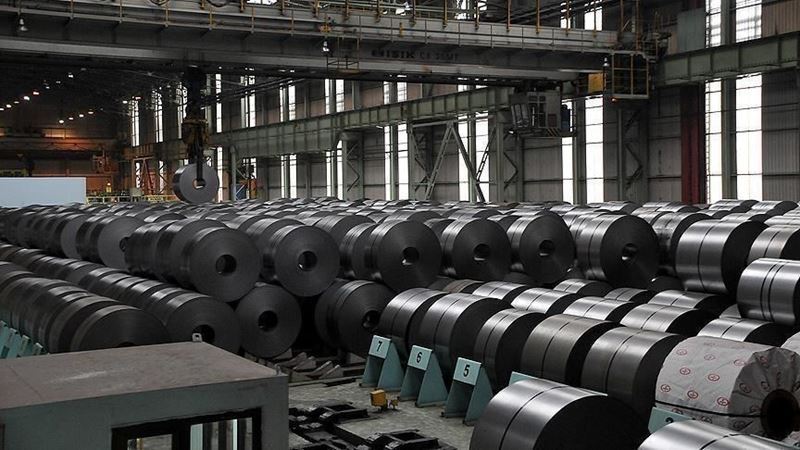

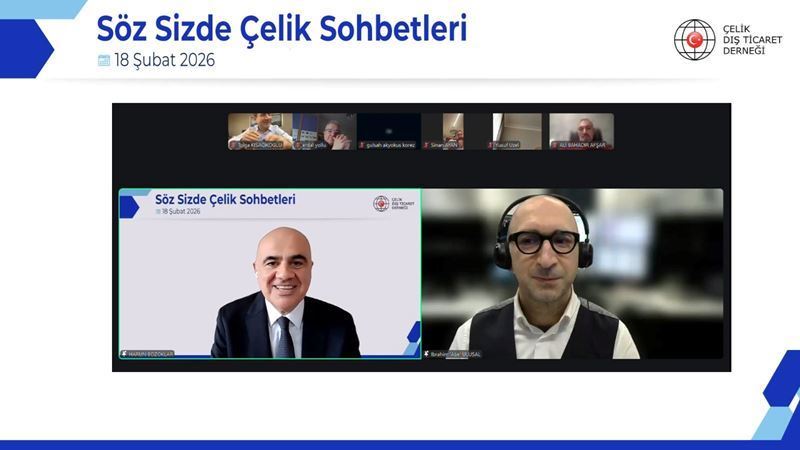
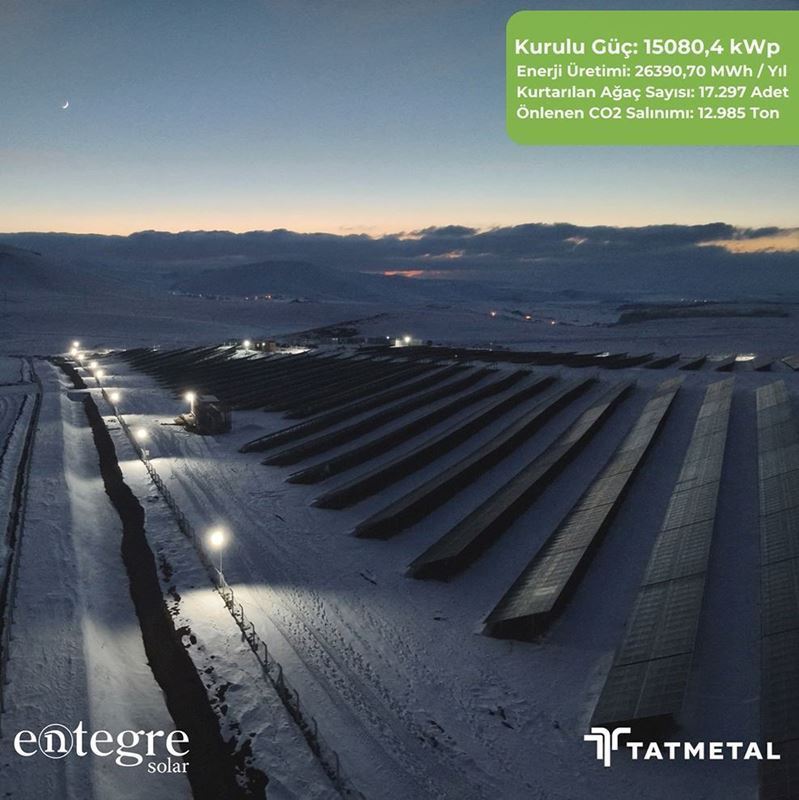
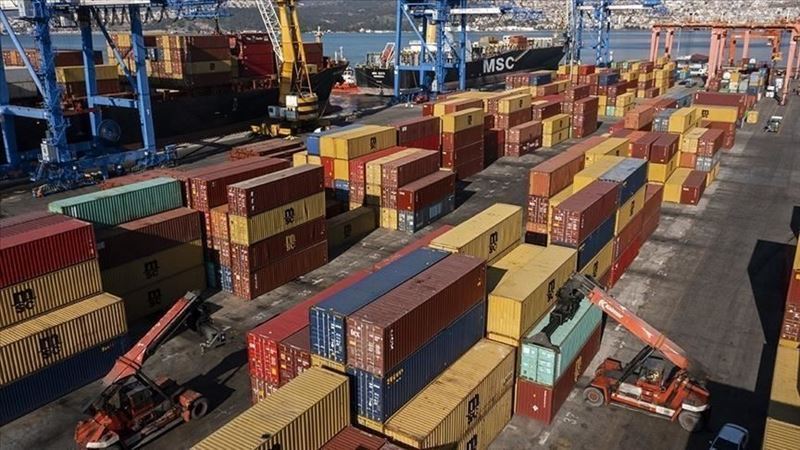
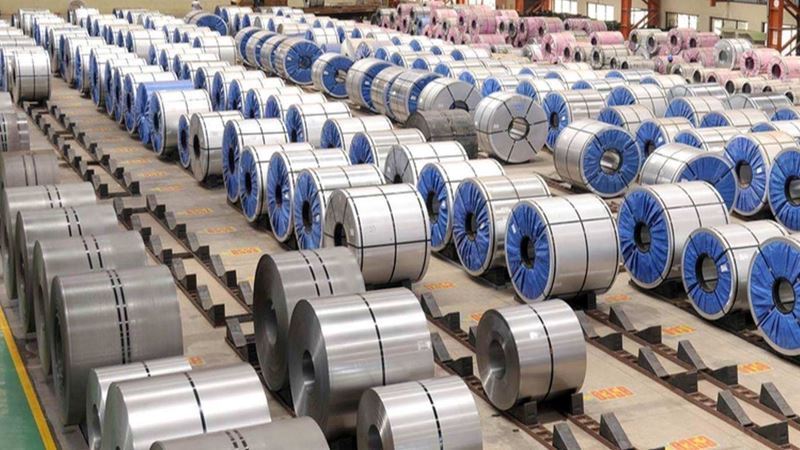
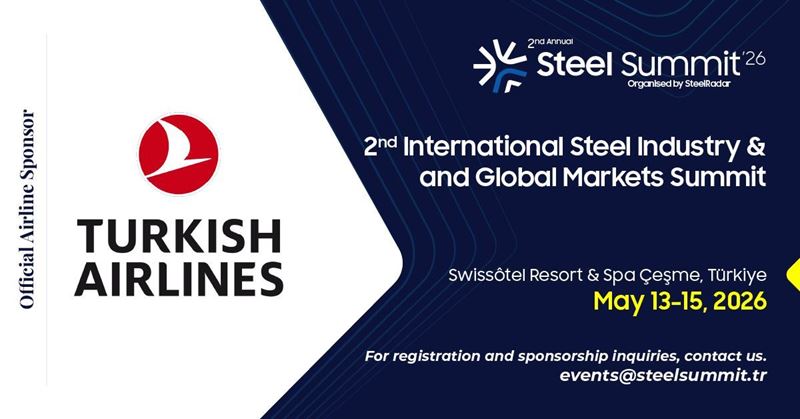


Comments
No comment yet.